SGGP
During his recent working trip to the US, Prime Minister Pham Minh Chinh witnessed the signing ceremony of a memorandum of understanding between the National Innovation Center and Synopsys - a global leader in electronic design automation.
During his recent working trip to the US, Prime Minister Pham Minh Chinh visited a number of leading global corporations in technology, electronic design automation, semiconductor chip design, etc. in Silicon Valley (California). The Prime Minister's visit, along with positive developments in domestic science and technology cooperation, is opening up opportunities for the development of the microchip industry.
The whole world moves
Professor Dang Luong Mo, a scientist with extensive experience in the microchip industry, commented: “The recent working trip of Prime Minister Pham Minh Chinh, especially the activities to promote the capacity to design and develop semiconductor chip products in Vietnam, develop human resources for the semiconductor industry and high-tech industries in Vietnam, shows that the Government has paid great attention to the domestic microchip industry. This is an extremely necessary action to promote this important technology industry in our country.” According to experts, microchips always play a key role in the technological development of each country.
Even Japan, a leading country in science and technology, has launched a large-scale industrial investment program to seek to move some chip manufacturing back to Japan by building a chip factory worth 8.6 billion USD. Recently, India has been very determined to participate in the global value chain of the microchip and semiconductor industry. The electronics manufacturer India Semiconductor Mission (ISM) was launched in late 2021 with a total investment of 30 billion USD with the goal of turning India into a major center for chip manufacturing, design and packaging.
 |
Prime Minister Pham Minh Chinh and Vietnamese employees working at Synopsys Company during his recent working trip to the US. Photo: NHAT BAC |
Through ISM, India aims to become an alternative chip manufacturing solution in the increasingly competitive world manufacturing market. “The efforts to restructure the global supply chain by global technology corporations open up opportunities for developing countries, including Vietnam, to participate more deeply in the global supply chain of the microchip and semiconductor industry,” said Nguyen Anh Thi, Head of the Management Board of Ho Chi Minh City High-Tech Park (SHTP).
According to Mr. Nguyen Anh Thi, with the presence of Intel, Samsung and a series of other technology corporations at SHTP in particular and the initial foundations of the semiconductor industry built over the past 20 years in general, Vietnam is being assessed as having the potential to participate more deeply in the global supply chain, ensuring controlled access to this important industry if there are appropriate mechanisms and policies to attract investment from countries with developed semiconductor industries.
Potential human resources
During his recent working trip to the US, Prime Minister Pham Minh Chinh witnessed the signing of a memorandum of understanding between the National Innovation Center and Synopsys, a global leader in electronic design automation. Synopsys will support the planning of the establishment of a Semiconductor Research Institute in Vietnam. Currently, the National Innovation Center is building the infrastructure for a microchip design incubation center at the Hoa Lac Hi-Tech Park (Hanoi), including Synopsys' advanced technologies in prototyping and simulation to optimize software, synchronize hardware SoC (system on chip) design, etc. This is considered an important step in preparing infrastructure for the development of the domestic microchip industry.
Building human resources is also a preparation step for the microchip industry. In Ho Chi Minh City, SHTP has established and put into operation the Electronics and Semiconductor Training Center (ESC), in which Synopsys Vietnam plays an important role, supporting Synopsys software to promote microchip human resource training...
The center aims to become a large-scale microchip training unit, meeting the requirements of large investors, creating conditions to attract larger-scale international cooperation programs in the future. Currently, universities under the Ho Chi Minh City National University have programs to enhance human resource training for the microchip industry. Recently, microchip design corporations around the world are shifting their operations, increasing investment and seeking potential human resources in Vietnam. Marvell Technology, Inc. (USA) specializes in designing, developing and manufacturing semiconductor chips with more than 7,000 employees, more than 10,000 patents... has established a Semiconductor Design Center in Ho Chi Minh City. Dr. Nguyen Loi, Senior Vice President of Marvell Global, said that Marvell chose Vietnam because of its dynamism, stable politics and society, and talented human resources...
Many Vietnamese enterprises such as Viettel and FPT have also gradually entered the microchip industry with specific goals and products. For example, FPT Semiconductor (under FPT Software) launched the first line of microchips applied in Internet of Things (IoT) products in the medical field last September. The integrated semiconductor (IC) chip line was directly designed and structured by FPT Semiconductor engineers, aiming to serve specific industries and products. Mr. Nguyen Vinh Quang, CEO of FPT Semiconductor, said: "In the next 2 years, FPT Semiconductor plans to supply 25 million chip units to the global market and plans to launch 7 other chip lines in 2023, serving the technology, telecommunications, and IoT fields."
After 20 years of orientation and construction, this is a great opportunity for the Vietnamese microchip industry to develop. With the role of connecting four parties, in which the State has had great policies and very clear moves, investors will come to Vietnam more and more, schools and manufacturers are also ready... so this is an opportunity we must seize to break through.
Prof. Dr. DANG LUONG MO
Source



![[Photo] Phuc Tho mulberry season – Sweet fruit from green agriculture](https://vstatic.vietnam.vn/vietnam/resource/IMAGE/2025/4/10/1710a51d63c84a5a92de1b9b4caaf3e5)
![[Photo] Prime Minister Pham Minh Chinh chairs meeting to discuss tax solutions for Vietnam's import and export goods](https://vstatic.vietnam.vn/vietnam/resource/IMAGE/2025/4/10/19b9ed81ca2940b79fb8a0b9ccef539a)
![[Photo] Unique folk games at Chuong Village Festival](https://vstatic.vietnam.vn/vietnam/resource/IMAGE/2025/4/10/cff805a06fdd443b9474c017f98075a4)


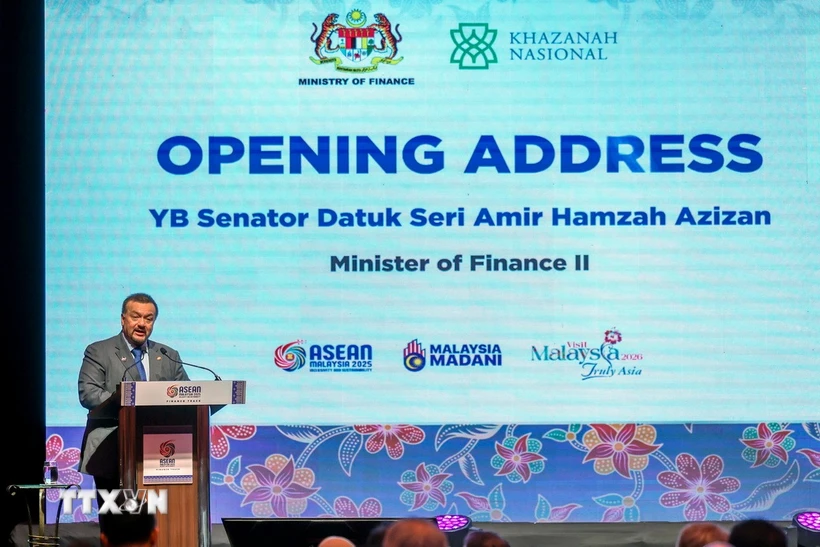

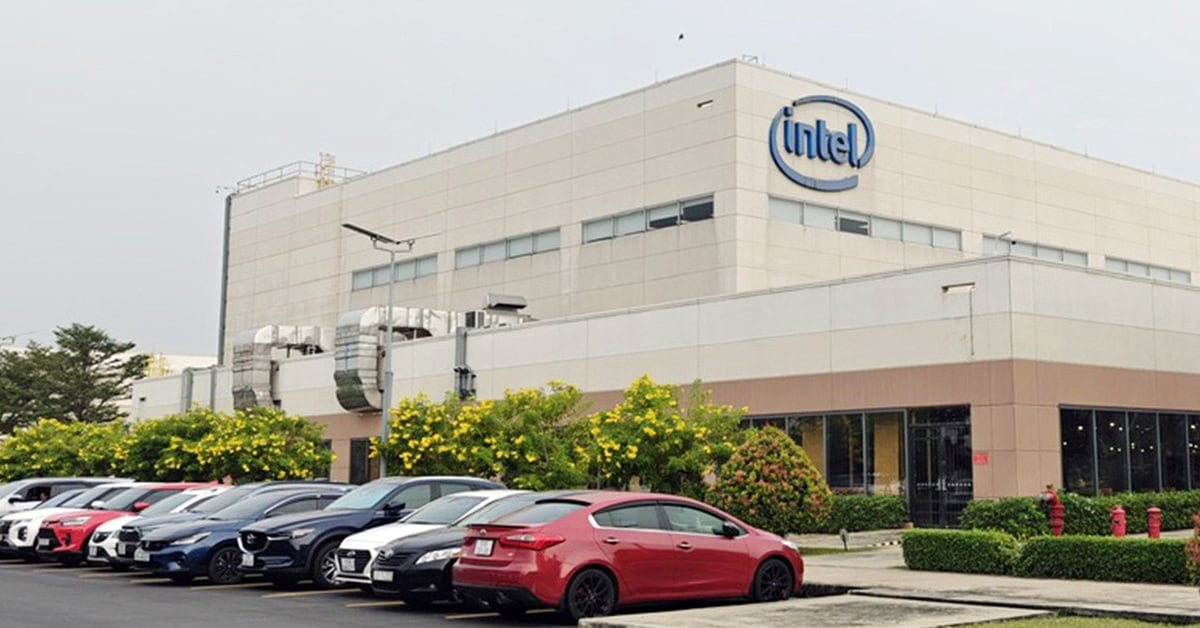


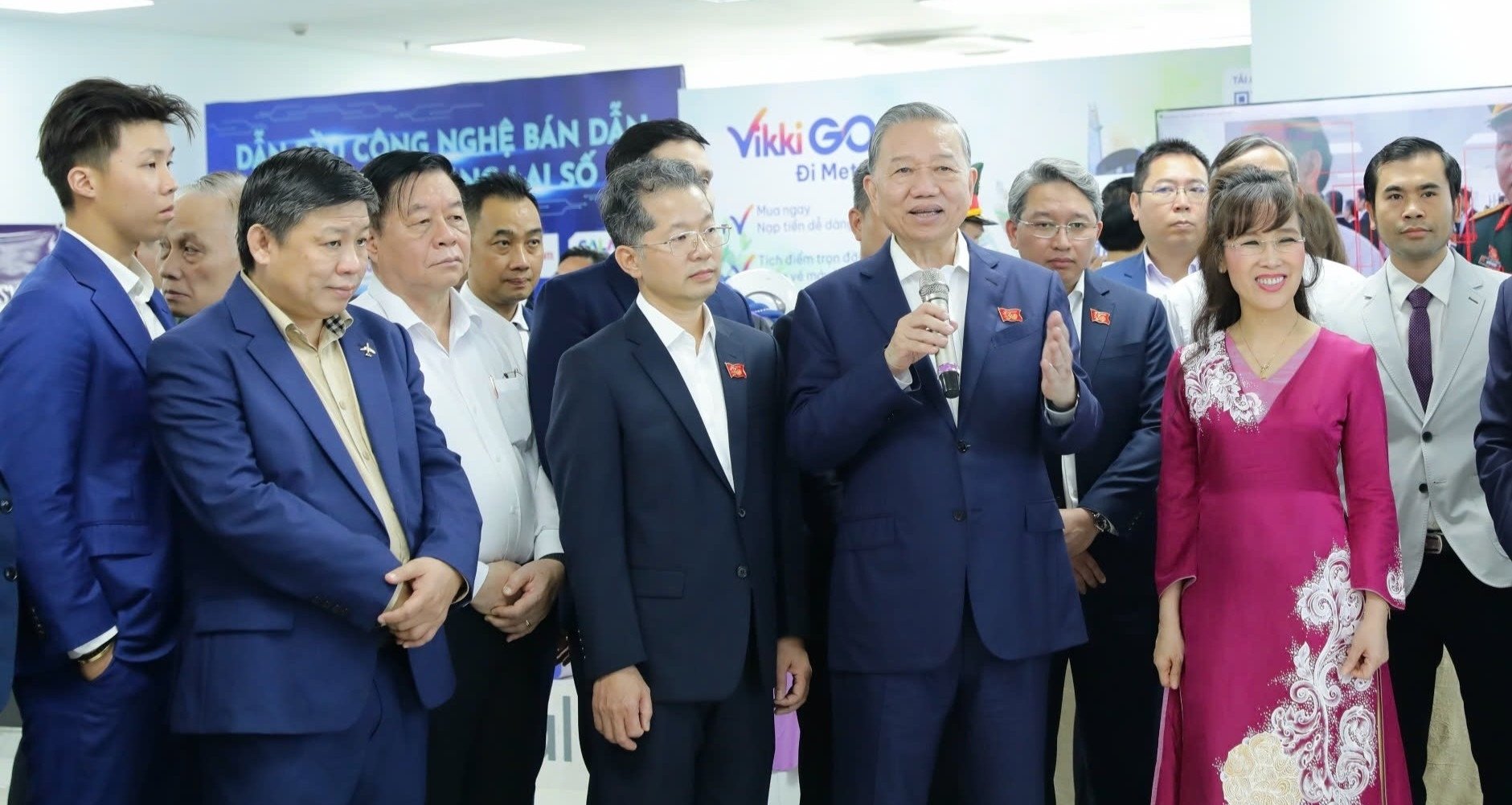



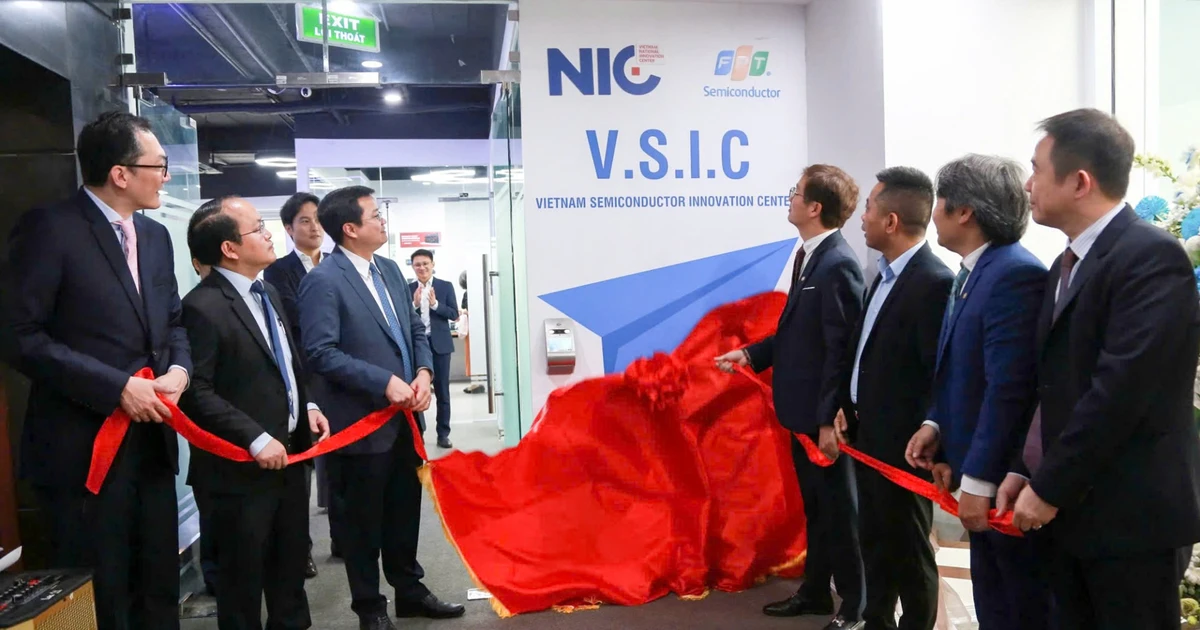






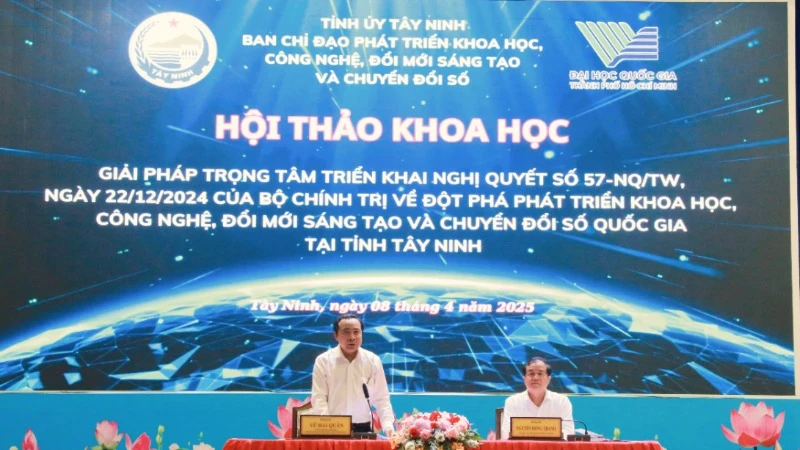








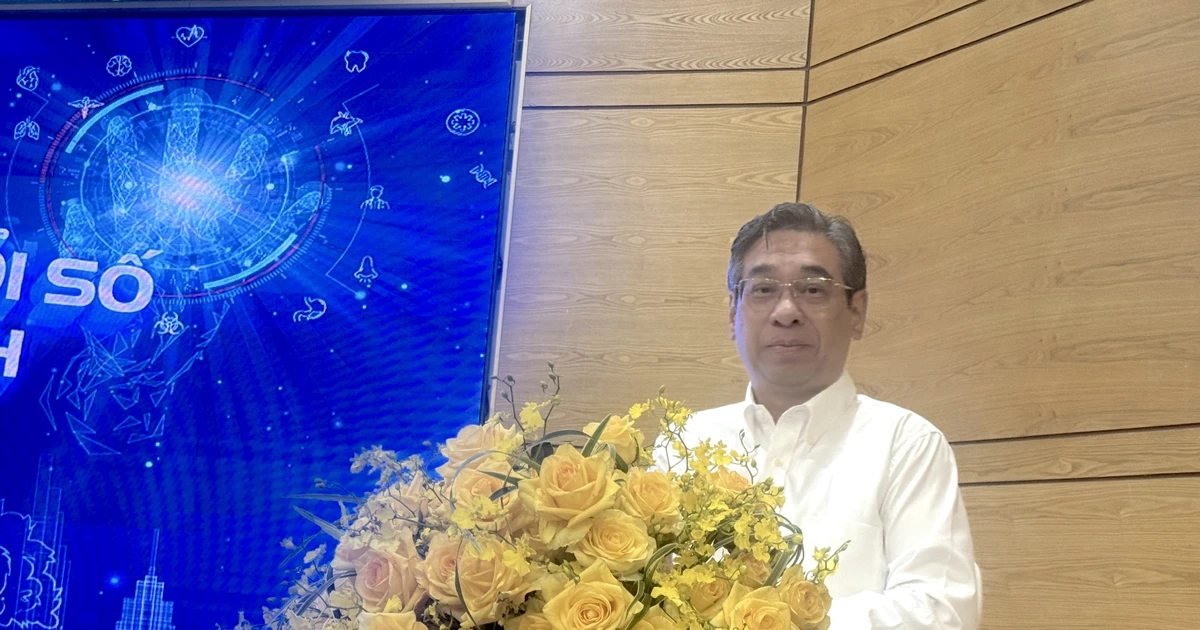
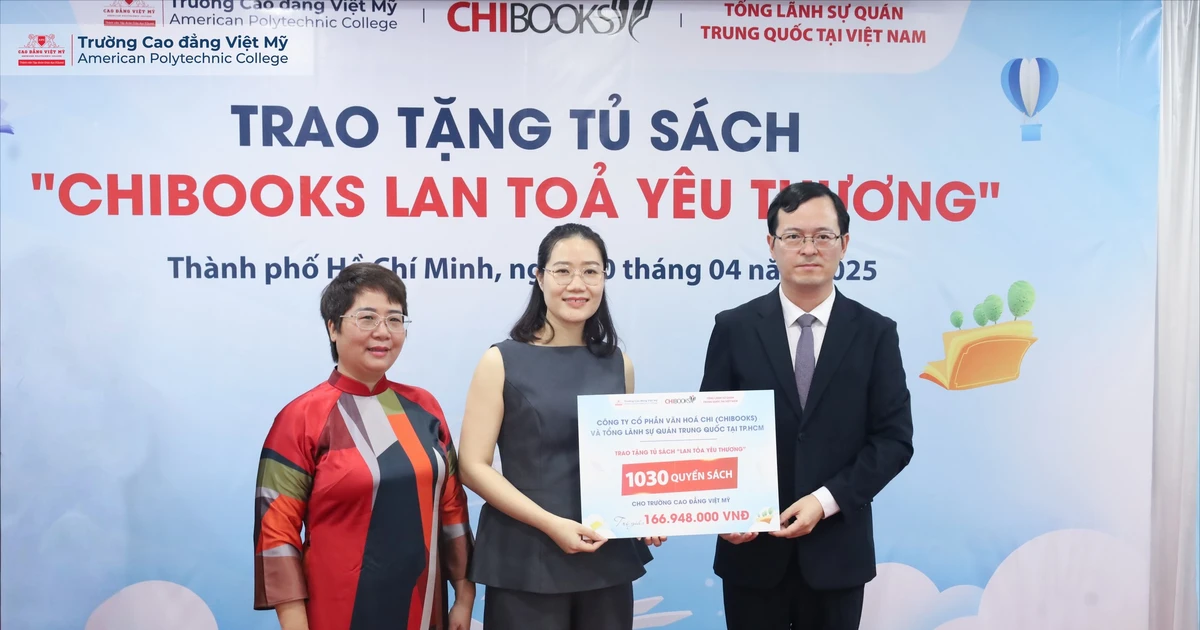



















































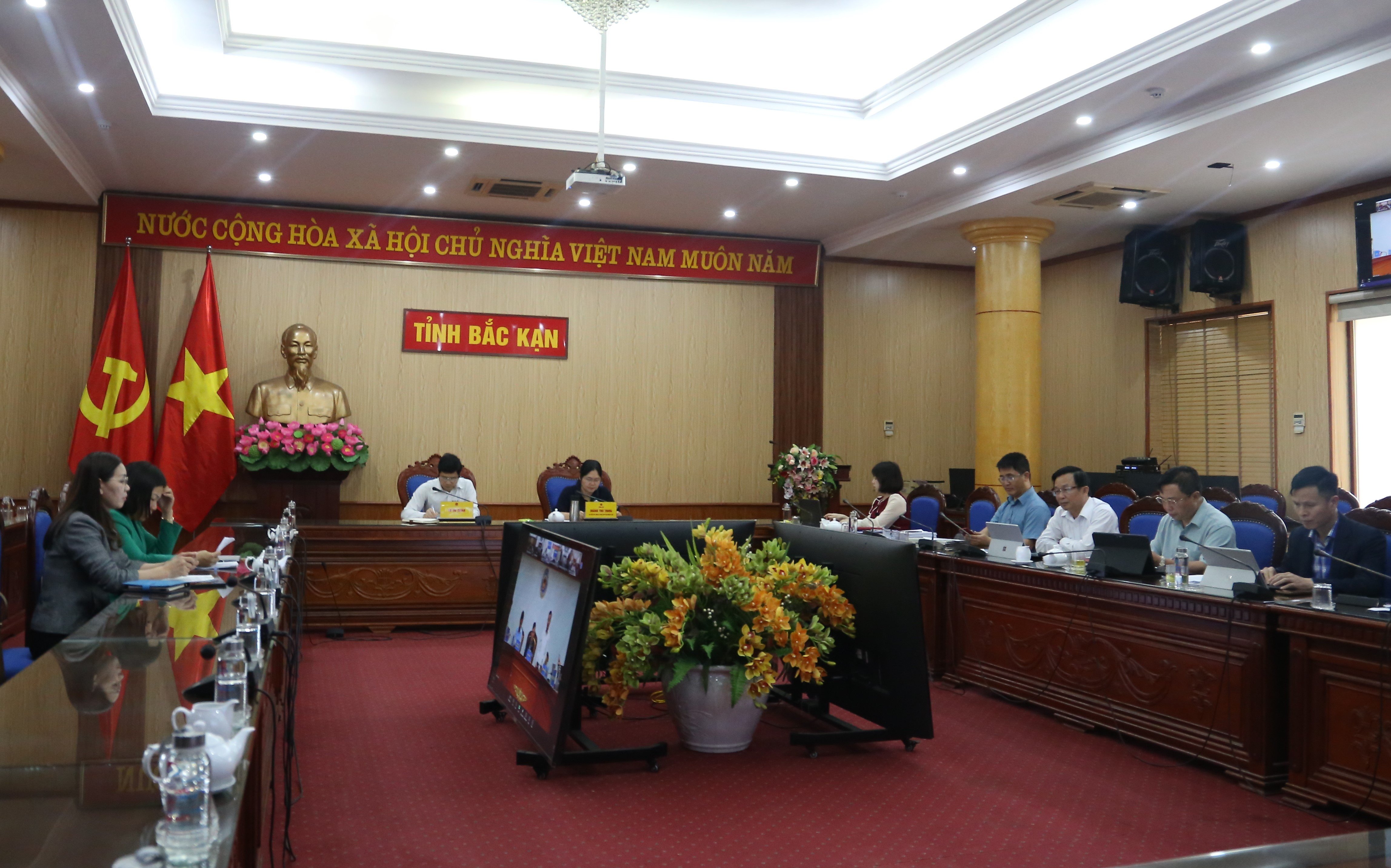
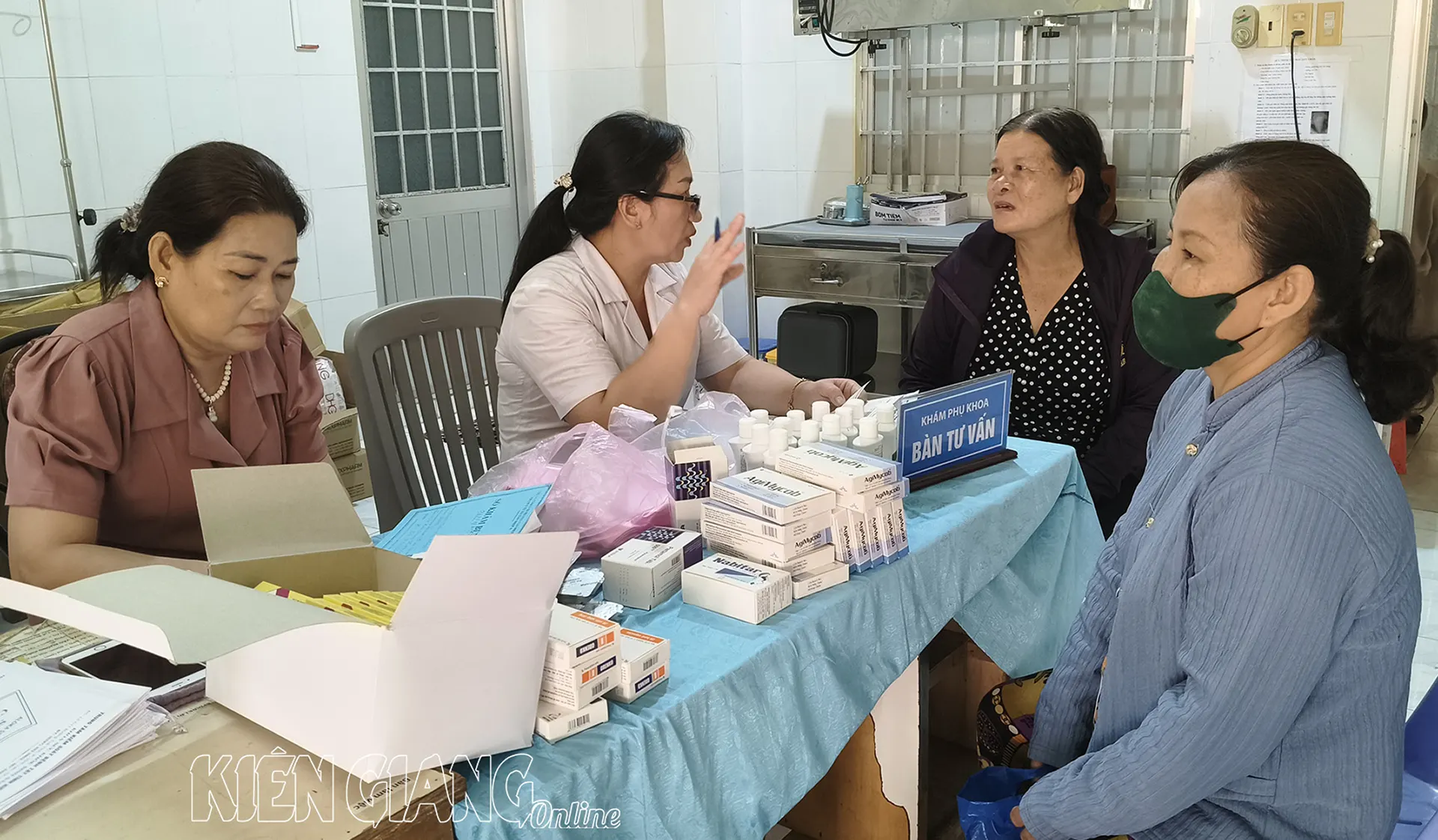








Comment (0)